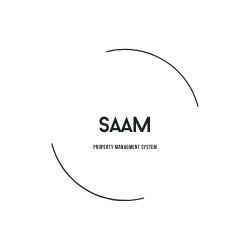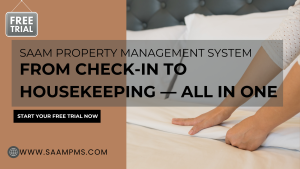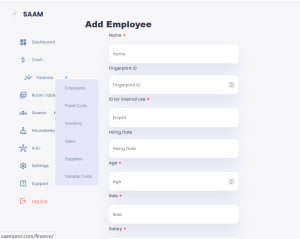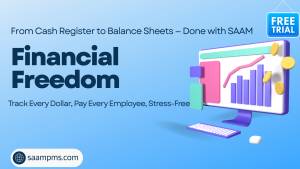Essential Features of A Property Management System
Managing properties can be overwhelming, especially with multiple units or locations. A property management system (PMS) simplifies these tasks, making life easier for property managers and landlords. Whether handling residential or commercial properties, a robust PMS is vital for smooth operations. This article explores the essential features of a property management system, highlighting how these tools benefit real estate management.
What is a Property Management System?
A property management system is software designed to help property managers and landlords manage their properties effectively. It combines various functions, such as lease tracking, tenant communication, maintenance management, and financial reporting. This software eliminates the need for multiple tools, providing a centralized solution for all property management tasks.
Key Features of a Property Management System
1. Channel Manager
Integration with PMS
The channel manager syncs with the hotel’s PMS, allowing it to access real-time information about room availability, rates, and reservations. This ensures that any updates made in the PMS are automatically reflected across all connected channels.
Distribution Across Channels
Once integrated, the channel manager distributes room inventory and rates to all selected OTAs and booking platforms. This includes updating availability, applying rate changes, and implementing restrictions such as minimum stay requirements.
Real-Time Updates
As reservations are made, the channel manager updates the PMS to reflect the new booking status. This prevents overbooking and ensures that all platforms have the most current information. Additionally, any changes made in the PMS, such as rate adjustments or room closures, are instantly communicated to all channels.
2. Finances Management & Human Resources
- Automated Financial Reporting: Hotel accounting systems generate financial reports automatically, providing insights into the hotel’s financial health. This feature saves time and reduces the risk of errors associated with manual reporting.
- Expense Management: These systems track and categorize expenses, helping hotel managers identify areas where cost savings can be achieved. By analyzing expense trends, hotels can make informed decisions to optimize their budgets.
- Revenue Management: Hotel accounting systems assist in revenue tracking by integrating with other hotel management systems, such as booking and reservation platforms. This integration ensures accurate revenue data, helping hotels maximize their profitability.
- Payroll Processing: Managing payroll can be complex in the hospitality industry due to varying shifts and roles. Hotel accounting systems simplify payroll processing by automating calculations and ensuring compliance with labor laws.
- Inventory Management: Efficient inventory management is essential for controlling costs in areas such as food and beverage operations. Hotel accounting systems often include inventory tracking features to help manage stock levels and prevent wastage.
3. Reporting and Analytics
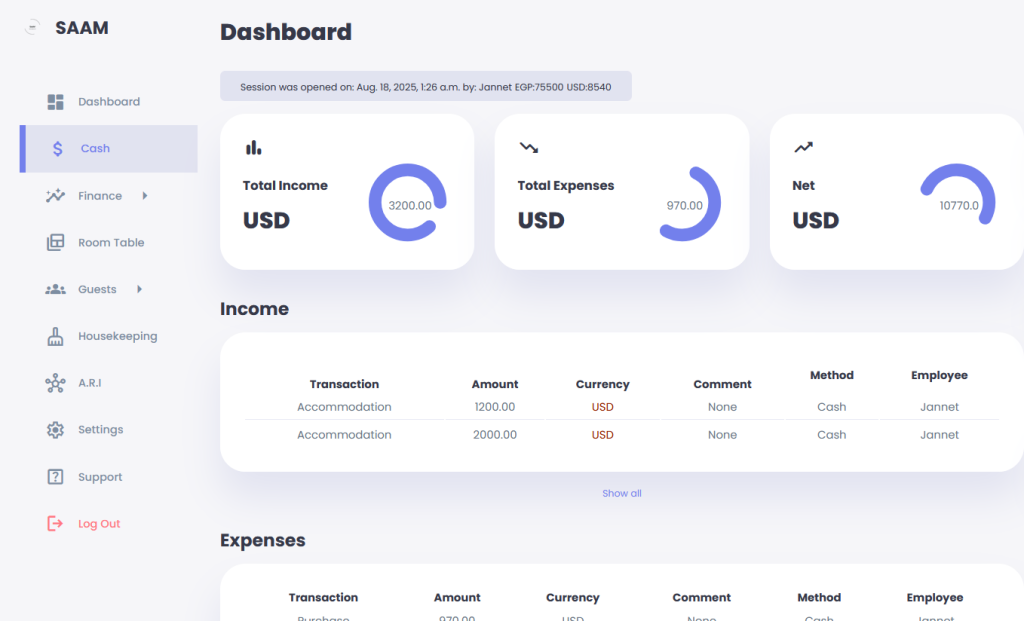
Data-driven decision-making is essential for successful property management. A PMS should provide comprehensive reporting and analytics tools that offer insights into property performance, tenant behavior, and financial health. These tools help property managers identify trends, spot potential issues, and make informed decisions to optimize operations and maximize returns.
4. Online Payments
In today’s digital age, offering online payment options is crucial for tenant convenience and timely rent collection. A PMS should support various payment methods, such as credit cards, debit cards, and bank transfers, allowing tenants to pay rent and fees easily. Automated payment processing reduces the risk of late payments and simplifies financial reconciliation for property managers.
The Benefits of Using a Property Management System
Implementing a property management system offers numerous benefits for property managers, landlords, and tenants. Key advantages include:
- Increased Efficiency: Automating routine tasks and centralizing information streamlines operations, saving time and reducing errors.
- Improved Tenant Satisfaction: Enhanced communication, timely maintenance responses, and convenient payment options lead to a positive tenant experience and long-term residency.
- Enhanced Financial Control: Comprehensive financial management tools help property managers maintain a clear understanding of their property’s financial health and make data-driven decisions.
- Scalability: As property portfolios grow, a PMS can easily adapt to accommodate more units and locations, supporting business growth.
- Compliance and Risk Management: Organized document management and timely reminders ensure compliance with legal and regulatory requirements, reducing potential liabilities.
Choosing the Right Property Management System
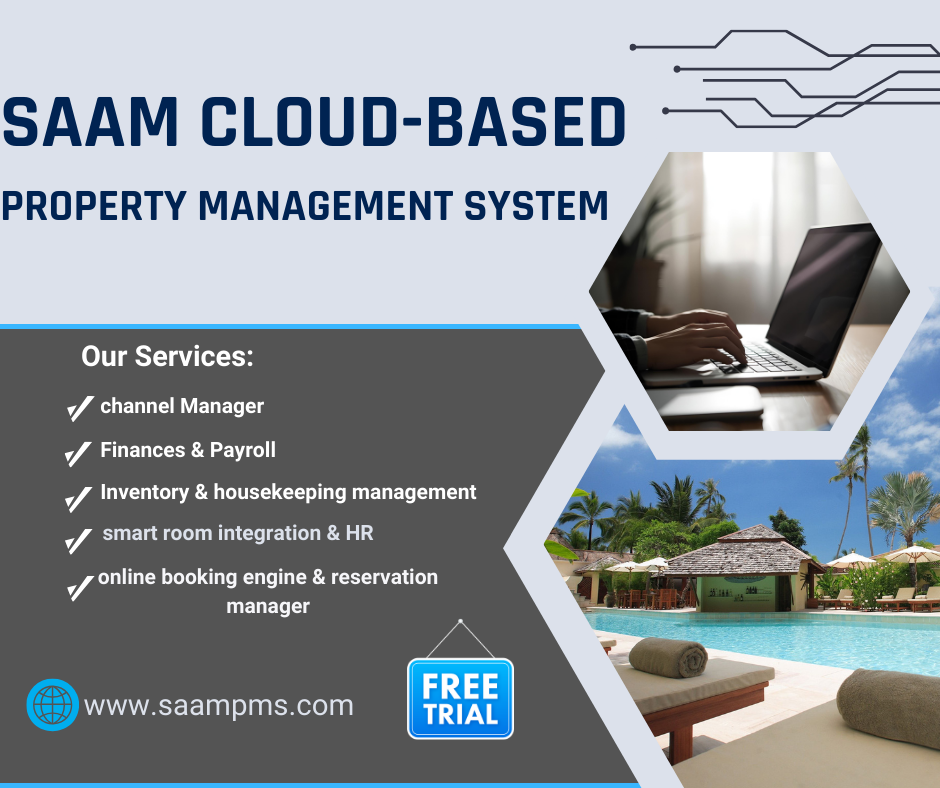
When selecting a property management system, consider your specific needs and the features that will best support your operations. Key factors include:
- Scalability: Ensure the system can grow with your business, accommodating additional properties and users.
- User-Friendly Interface: An intuitive interface will facilitate easier adoption and effective use by your team.
- Integration Capabilities: Look for a system that integrates with other tools and platforms you already use, such as accounting software or CRM systems.
- Customer Support: Choose a provider that offers reliable customer support to help resolve issues and maximize your investment.
- Cost: Consider the pricing structure and ensure it aligns with your budget and the value the system provides.
Recommended PMS Solutions
Several property management systems stand out in the market. One notable recommendation is Saam PMS. This software caters to the diverse needs of property managers, offering a user-friendly interface and a comprehensive suite of features.
Why Choose SAAM PMS?
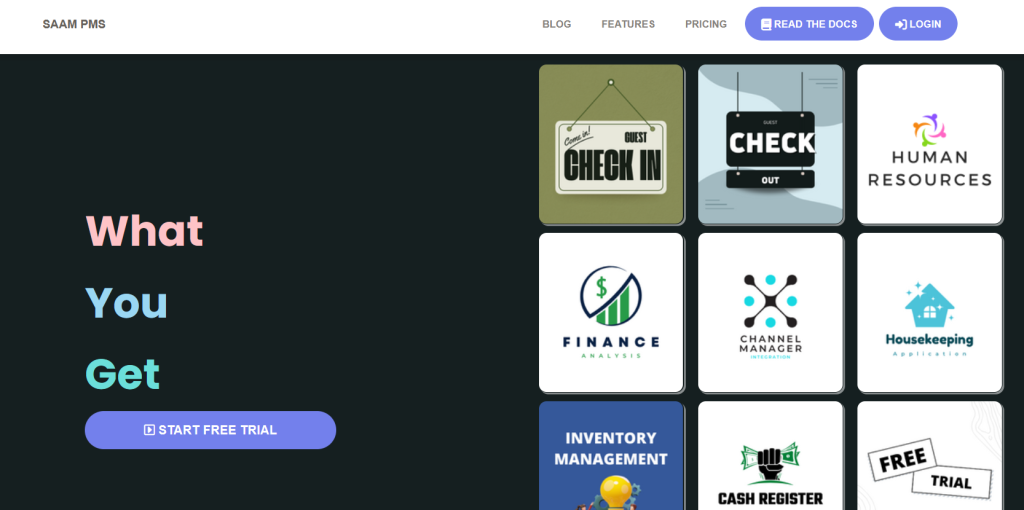
- Online Booking Engine: Allows guests to book rooms directly on the hotel’s website, displaying real-time availability and rates.
- Channel Management: Connects to various online travel agencies (OTAs) and other distribution channels to manage inventory and bookings across different platforms.
- Reservation Management: Handles bookings, modifications, cancellations.
- Guest Profiles: Stores guest information and preferences for personalized service and repeat business.
- Check-in/Check-out: Streamlines the process of guest arrival and departure.
- Communication: Facilitates communication with guests through various channels.
- Loyalty Programs: Integrates with loyalty programs to manage rewards and special offers.
- Front Desk Operations: Manages room assignments, guest requests, and other front desk tasks.
- Housekeeping Management: Tracks room cleaning status and schedules housekeeping tasks.
- Inventory Management: Manages room availability, amenities, and other resources.
- Reporting and Analytics: Generates reports on bookings, revenue, occupancy, and other key performance indicators.
- Integration with Other Systems: Connects with channel managers,Zapier, and other software systems.
- Multi-Property Support: Enables management of multiple hotels or properties from a single system.
By considering SAAM PMS, property managers can leverage a technology solution that simplifies operations while enhancing tenant satisfaction and financial control.
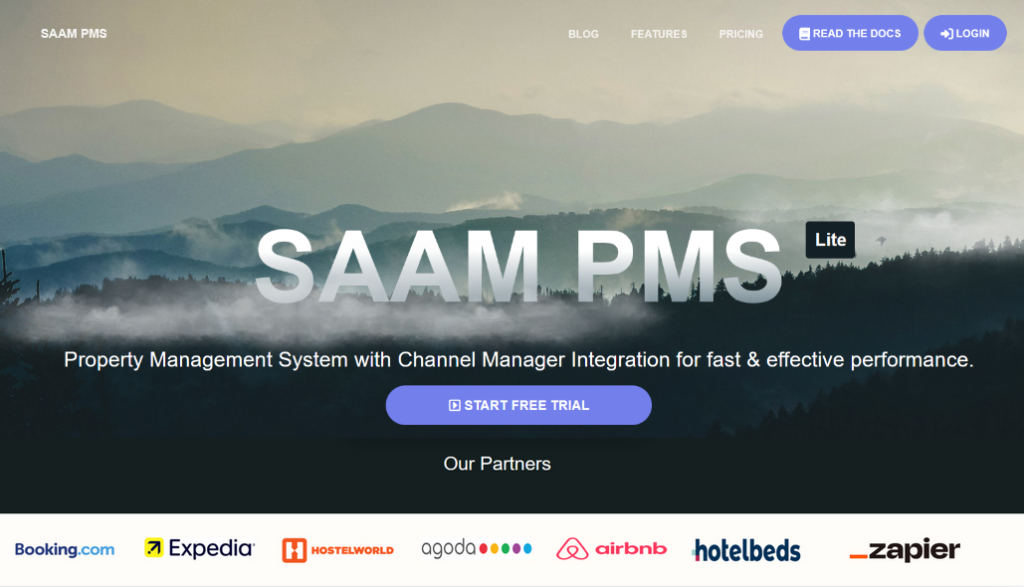
You can read more in https://blog.saampms.com/2025/08/11/hospitality-payroll-software/
Or Visit https://saampms.com/
